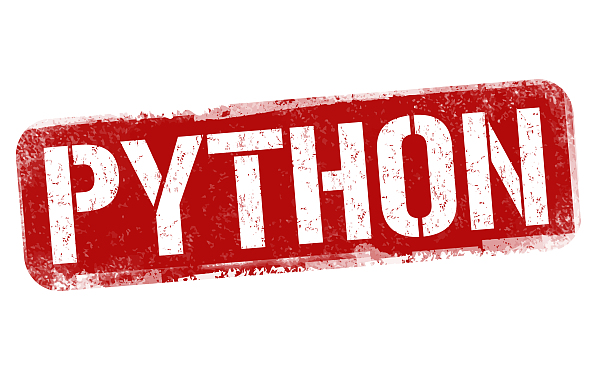How do I end a Tkinter program? Let's say I have this code:
from Tkinter import *
def quit():
# code to exit
root = Tk()
Button(root, text="Quit", command=quit).pack()
root.mainloop()
How should I define the quit function to exit my application?
You should use destroy() to close a Tkinter window.
from Tkinter import *
#use tkinter instead of Tkinter (small, not capital T) if it doesn't work
#as it was changed to tkinter in newer Python versions
root = Tk()
Button(root, text="Quit", command=root.destroy).pack() #button to close the window
root.mainloop()
Explanation:
root.quit()
The above line just bypasses the root.mainloop(), i.e., root.mainloop() will still be running in the background if quit() command is executed.
root.destroy()
While destroy() command vanishes out root.mainloop(), i.e., root.mainloop() stops. <window>.destroy() completely destroys and closes the window.
So, if you want to exit and close the program completely, you should use root.destroy(), as it stops the mainloop() and destroys the window and all its widgets.
But if you want to run some infinite loop and don't want to destroy your Tkinter window and want to execute some code after the root.mainloop() line, you should use root.quit(). Example:
from Tkinter import *
def quit():
global root
root.quit()
root = Tk()
while True:
Button(root, text="Quit", command=quit).pack()
root.mainloop()
#do something
See What is the difference between root.destroy() and root.quit()?.






 已为社区贡献126445条内容
已为社区贡献126445条内容

所有评论(0)